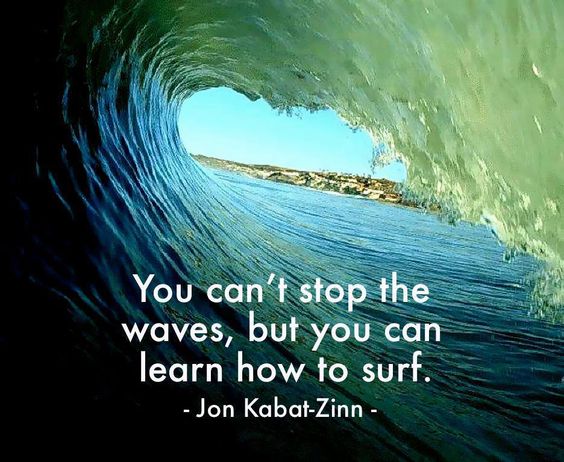‘Life isn’t about waiting for the storm to pass…It’s about learning to dance in the rain.’ -Vivian Greene
Life is a series of storms, either in a storm, coming out of a storm, or heading into a storm. It is not a matter of if but of when the storms of life will visit. As Vivian Greene famously said, ‘Life isn’t about waiting for the storm to pass…It’s about learning to dance in the rain.’ We can’t really do much about the storms of life, but we can surely be well-dressed for every stormy weather. There is nothing like bad weather, we only have bad clothing as the Scandanavians would say.
Life can be extremely tough sometimes, and the storms keep coming from every angle. The key to navigating life storms is to understand that it is an essential part of life. No pain, no gain, no mess, no message, no test, no testimony, no mud, no lotus. The storm will eventually settle, the sun will rise again, and you will ultimately be fine. Weather the storm while it lasts, life is about managing transitions and learning to stay grounded amid the turbulence. Nothing lasts forever; don’t let success get to your head, and do not let failure get to your heart.
